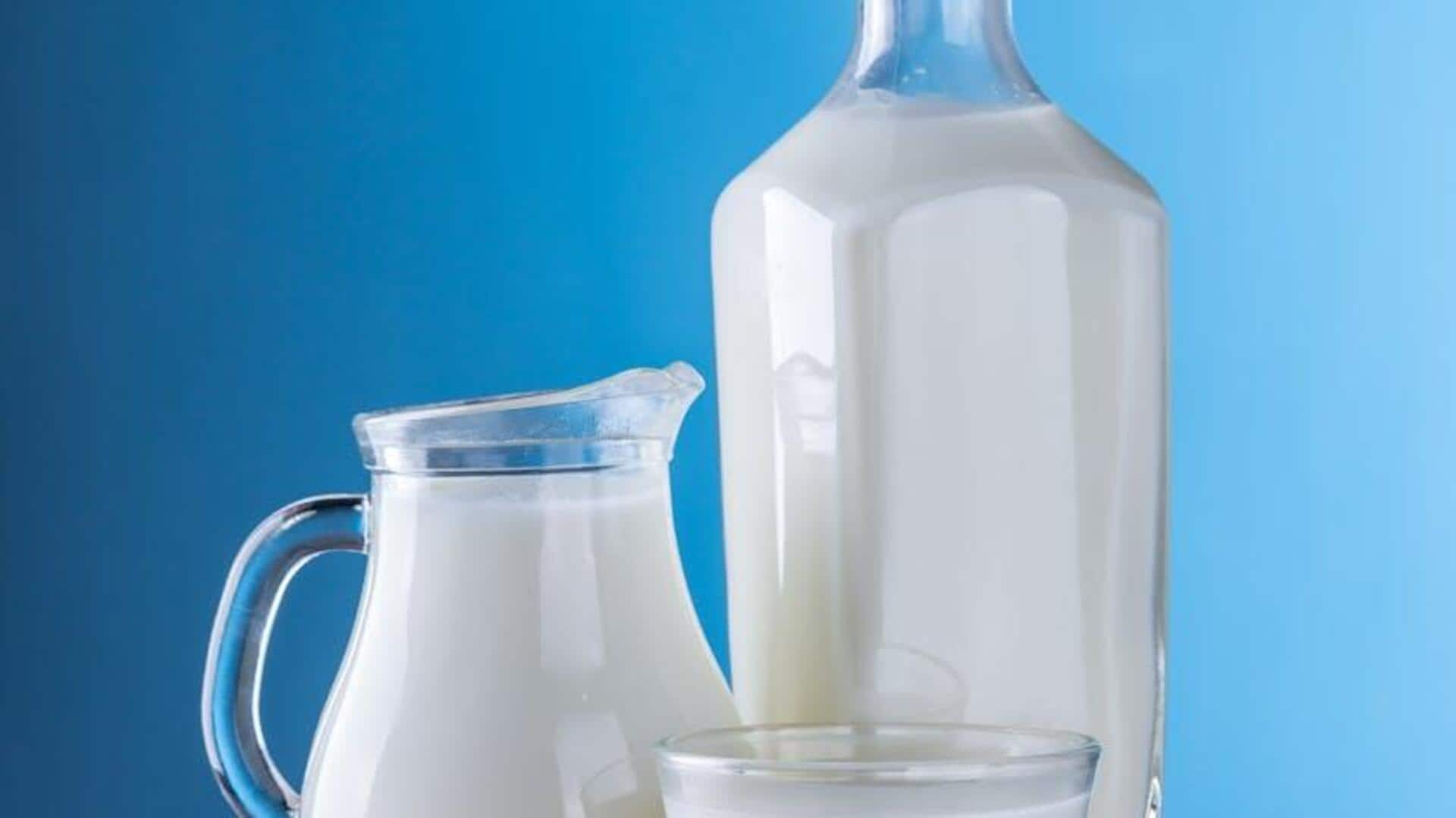
Camel milk: An ancient superfood for modern times
What's the story
Camel milk has been a staple in many cultures for centuries, owing to its unique nutritional profile and potential health benefits. Unlike cow's milk, camel milk is rich in vitamins and minerals, making it an attractive option for those seeking alternative dairy products. As its popularity continues to grow, knowing the benefits of camel milk can help you decide if it's a good fit for your diet.
Nutritional value
Nutritional benefits of camel milk
Camel milk is rich in nutrients such as vitamin C, iron, and calcium. It has less fat content than cow's milk but provides more vitamins and minerals. This makes it a healthy option for people looking to supplement their diet with natural sources of essential nutrients.
Health advantages
Potential health benefits
Research also suggests that camel milk may offer a number of health benefits due to its unique composition. It has antioxidants that can help reduce inflammation and improve overall health. Further, some studies also indicate that camel milk might help in managing conditions like diabetes by improving insulin sensitivity.
Dairy alternative
Lactose intolerance solution
For people who are lactose intolerant, camel milk offers an alternative as it has less lactose than cow's milk. Many individuals who have difficulty digesting regular dairy find camel milk easier to digest. This makes it a suitable option for supplementing calcium intake without the hassle.
Sustainable choice
Environmental impact of camel farming
Camel farming is also considered a more sustainable alternative than conventional dairy farming methods. Since camels consume less water and food than cows, they can have a lower carbon footprint. Therefore, camel farming can be an eco-friendly option for those looking for sustainability in their diets.